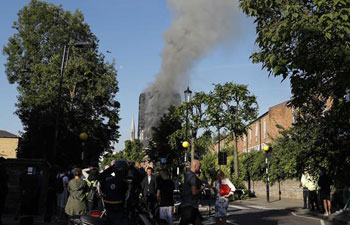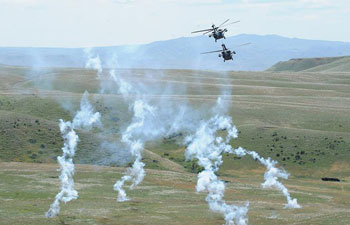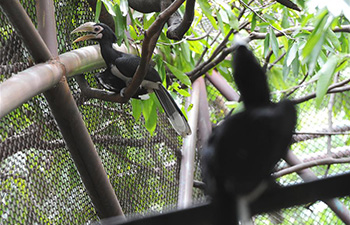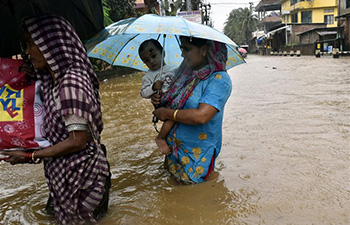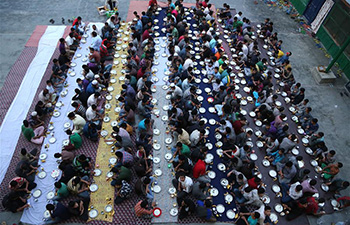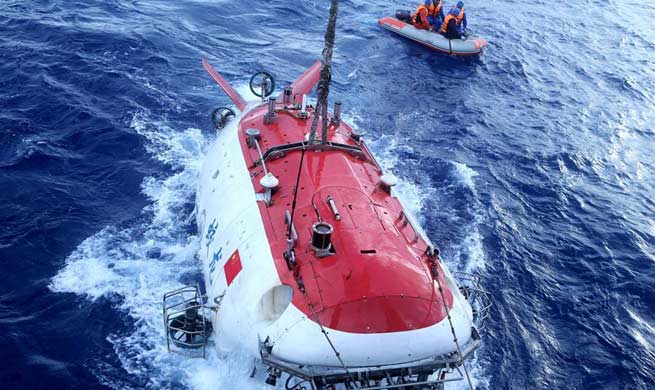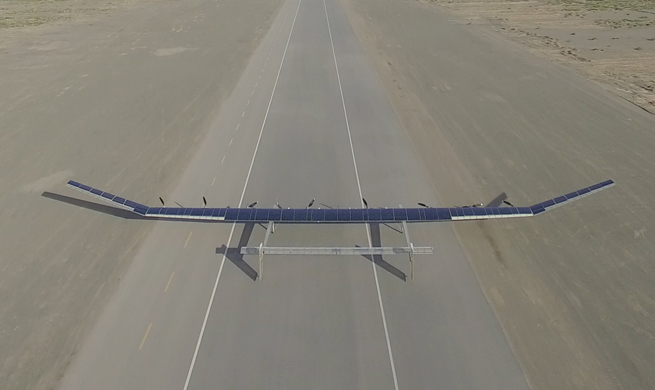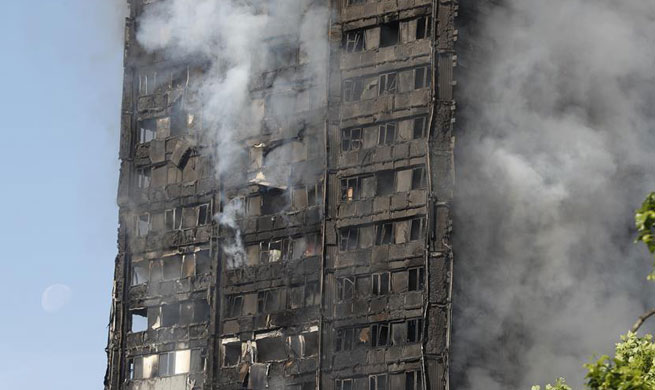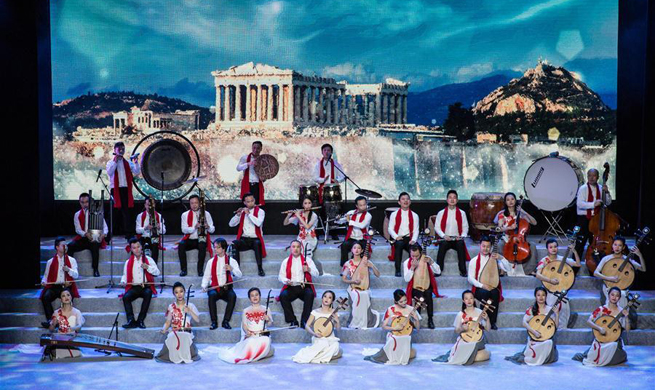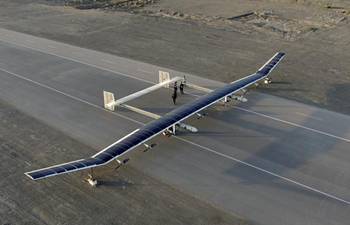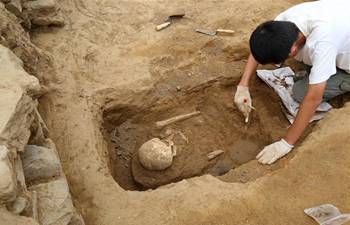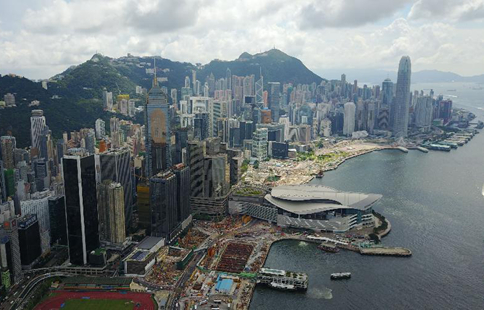by Denis Elamu
JUBA, June 14 (Xinhua) -- The South Sudanese government on Wednesday said the ousted former first vice president Riek Machar will not be part of the peace deal revival talks despite the call by regional body Intergovernmental Authority on Development (IGAD) for all key opposition groups to participate without pre-conditions.
President Salva Kiir's spokesman Ateny Wek Ateny told Xinhua that the communique issued by the IGAD Heads of States at the 31st Extra-ordinary summit on Monday in Ethiopia did not call for renegotiation of the hitherto weakened peace agreement with Machar.
"It does not mean Machar should come back because he signed on behalf of the Sudan People's Liberation Movement-In Opposition (SPLM-IO) which is now represented in Juba," Ateny said.
Ateny blamed the rebel leader for instigating the clash in July 2016 at the presidential palace that left hundreds of soldiers dead and resulted in Machar's ouster from the power-sharing deal signed in August 2015 under IGAD's mediation.
"He attacked the presidential palace and left the country.We are not dormant; if we think Machar is synonymous with fighting we shall not accept Machar," Ateny said.
"If somebody (IGAD) is trying to force Machar on us then we can not risk the lives of our people," he added.
The IGAD leaders also urged for the restoration of the permanent ceasefire, a return to inclusive implementation, a revised realistic timeline and implementation schedule towards democratic elections at the end of the transitional period.
The spokesman further said the peace deal revival will mainly focus on implementation of the peace agreement rather than renegotiations to end the more than three years of violent conflict that has caused huge humanitarian suffering.
Several armed groups led by former senior army officers and officials have since sprung up to topple the Juba government, hence spreading insecurity amid massive displacements in the once peaceful areas of the country.
South Sudan descended into violence in December 2013 after political dispute between President Kiir and his former deputy Machar led to fighting that pitied mostly Dinka ethnic soldiers loyal to Kiir against Machar's Nuer ethnic group.
The 2015 peace agreement to end the violence was again violated in July 2016 when the rival factions resumed fighting in the capital forcing Machar to flee into exile.
The conflict has killed tens of thousands of people and displaced millions of others.




